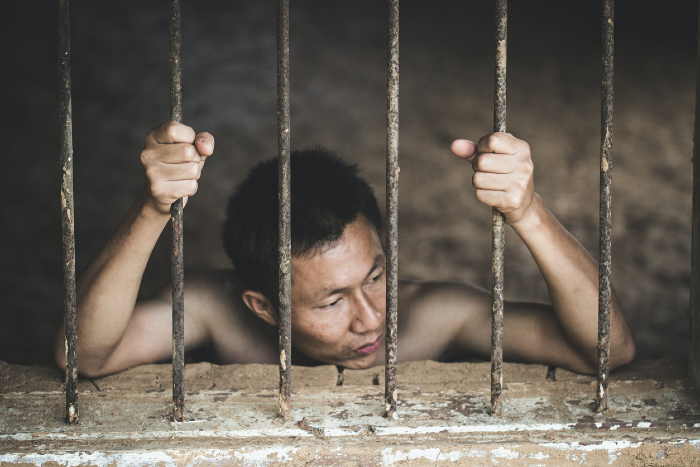Women Empowerment: A Long Way to Go
Women Empowerment and Gender Equality is still a distant dream for women in many parts of the world.

The following highlights lessons learned from the illegal incarceration of our national staff. A local mediator was detained by an armed group twice within a week, during the holidays [1], and each time was released within 24 hours with no financial resources yielded, however utilizing extensive manpower to secure his release.
Incident: Staff did not resist and complied with all directions during the arrest which occurred in a public place. Pre-incident relationship with the armed group allowed for the arrest to be non-violent and a temporary release to be negotiated for the holidays. The status of the detainee as a local peacemaker and NGO leader contributed to the arrest but provided the detainee with a different treatment while incarcerated [2] compared to the dozens of cilivians illegally arrested by armed groups.
Alert: While the armed group confiscated the staff's phone, one phone was handed to a family member during the arrest which permitted the notification of CIT’s DC-based HQ using WhatsApp. Without that message, HQ would not have been notified. On location, colleagues were made aware of the incident during a courtesy visit to the detainee's family [3]. The family did not notify colleagues and was trying to manage the crisis by themselves. Staff immediately notified as many people as they knew, i.e. local authority and the UN (OCHA and CAS) as well as the rest of the team. They did not have access to HQ unless HQ called them.
Response: The incident was led and managed by the local team. The response speed and willingness of all stakeholders to get involved directly with the armed group once alerted to the crisis, testifies to the breadth and depth of relationships the detainee and the organization had prior to the security incident [4]. It is unclear whether the perception that the organization was a NGO as opposed to a local association contributed to OCHA and UNPOL's decision to assist in the negotiations. All parties remained engaged until the release of the detainee. Direct face-to-face negotiations with the armed group and all stakeholders involved were conducted. DC-based HQ was able track, support and cross information quickly due to pre-incident access to all local stakeholders' names, emails and phone numbers. Because of strong positive relationships with all local parties involved, folks were open and willing to share sensitive information with HQ.
Recovery: The conditional release and presence of the detainee during the negotiations was demanded and obtained prior to the start of the negotiations. The leadership of local authorities and the UN was critical in the success of the process. No monetary payments were made. But requests [5] were made by the armed group on the organization and accepted.
Psychological and physical impact: The detainee had a medical condition that could have worsened had the incident persisted. Psychologically, the detainee is an extremely resilient individual but time to recuperate post-incident was essential. Family members and colleagues were psychologically harmed by the intensity of the incident and the level of effort the recovery required. Infighting among colleagues ensued post-incident but resolved itself. HQ provided space for debriefing via Skype.
Possible loss of sensitive information: Staff's phones were confiscated by the armed group during his time in jail. Confiscated phones were password protected but could be opened with the right tools. At this time we are unaware of any cellular data being taken.
Reputational loss: Many of the relationships built over time were shaken and affected by the incident. Because so many people got involved in the incident mitigation response, it brought to light a number internal and external issues with the organization. Confidence will have to be rebuilt.
Community relations: As an organization grows it affects the community's perceptions about the organization’ finances and work. Community members may have expectations about wealth sharing and their participation in activities, especially if prior work with the organization was offered voluntarily in the past. Deep poverty, coupled with feelings of exclusion can trigger a negative response that needs to be anticipated and managed through appropriate communication and positive relationships. In a location where there is a judicial vacuum, local authorities are sought after to resolve a problem, armed groups are drawn in to retaliate and cause harm when alternatives do not satisfy the complainants.
Change management: Externally visible changes to the organization such as changes in personnel or new partnerships must also be widely disseminated to all local parties to manage rumors and suspicions.
Nature of CIT’s work: “Dissatisfied customer” takes on a new meaning when you work with armed groups. Impartiality, clear goals and objectives, and strong pre-dialogue preparation are essential to ensure that all conflict parties are aware as to the intervention the mediators are seeking to implement.
Protection of sensitive information: In this case password protection of all electronics was sufficient to prevent the loss of information, but this may not be the case in more tech-savvy environments.
------
